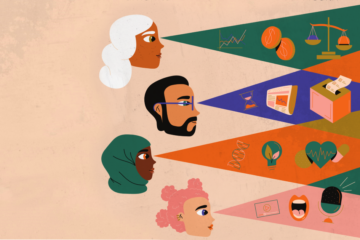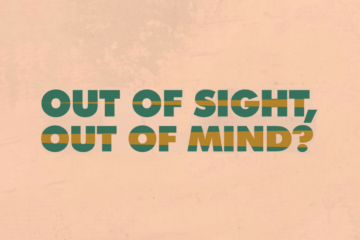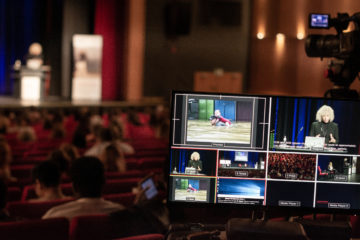Stronger together
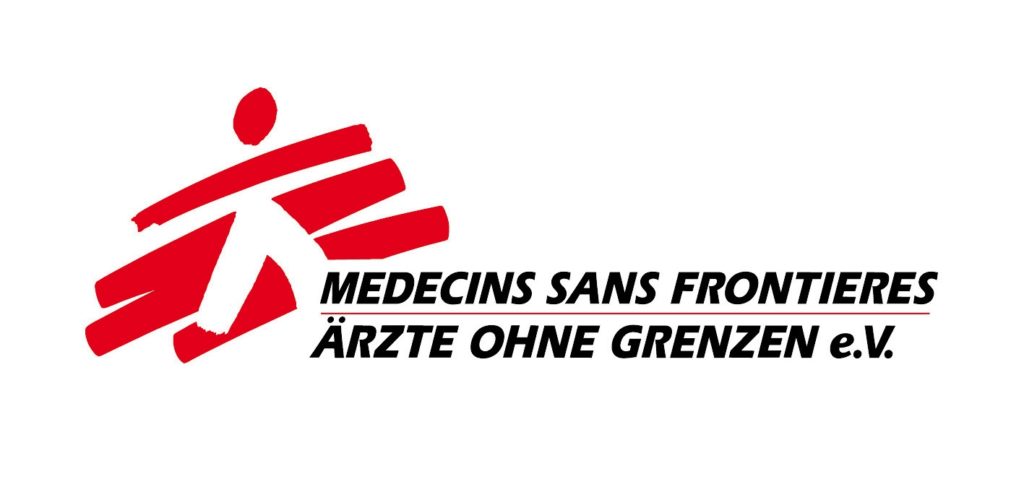
In conflict zones, after natural disasters and during epidemics, Médicins sans frontières (MSF) provides medical aid to millions of people who would otherwise be left alone to die from their illnesses or injuries. They also report on the plight of our patients worldwide and make their situation public. Especially when they have hardly been heard so far. For what they do, they received the Nobel Peace Prize in 1999.

Doctors of the World is active worldwide – in emergency aid in countries such as Syria as well as in development aid with more long-term projects. They primarily care for children and women in need, people without access to healthcare, and are involved in refugee aid. In Germany, they also provide medical care and counseling for people without health insurance. Doctors of the World stands up for human rights and documents violations of them.
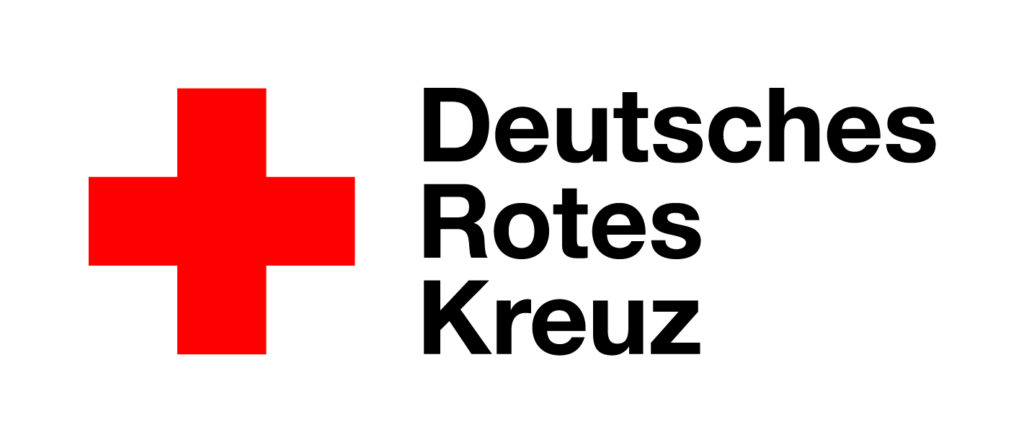
With 192 National Societies, the international Red Cross and Red Crescent Movement is the largest humanitarian organization in the world. The German Red Cross is part of this worldwide community, which for more than 150 years has provided comprehensive assistance to people in conflict situations, disasters and health or social emergencies, based solely on the degree of need.
The inclusion and access measures are in partnership with Handicap International e.V.

Handicap International / Humanity & Inclusion (HI) is a non-profit organisation for humanitarian action and development assistance, active in over 60 countries around the world. We strive at improving the situation of persons with disabilities in a sustainable way and support those in need of specific protection.
Within our project „Phase 3 – Leave no one behind!”, we support the congress by providing specific guidance and resources to make the event as accessible as possible. Our project focuses on mainstreaming disability in global and local humanitarian action, following the Inter-Agency Standing Committee’s (IASC) Guidelines on Inclusion of Persons with Disabilities in Humanitarian Action.
